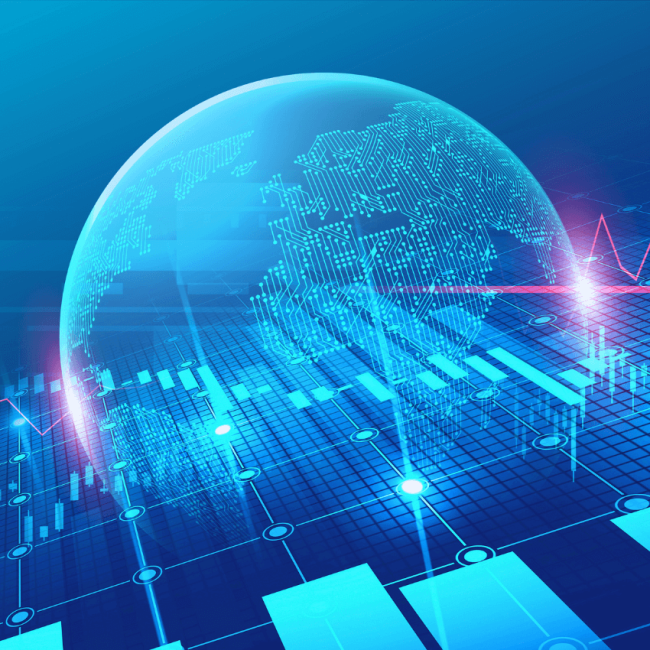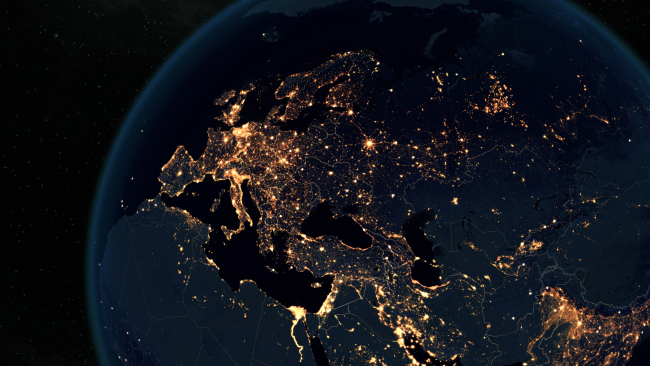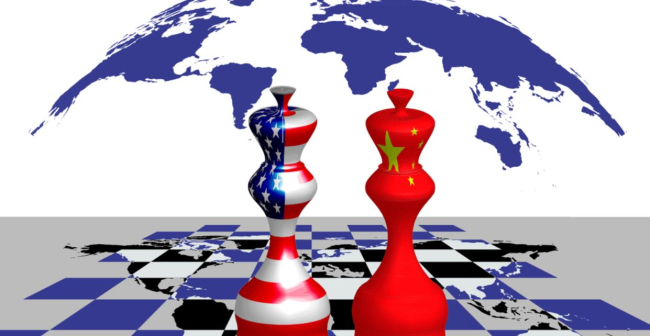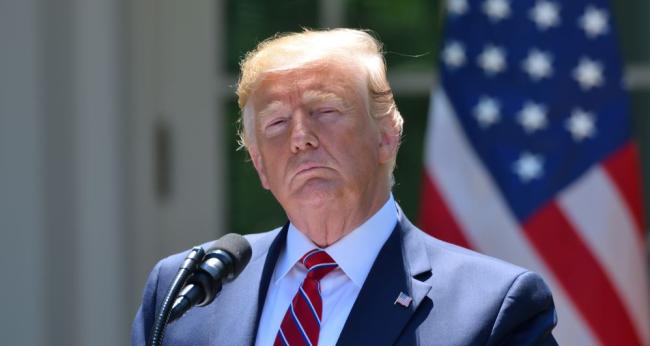Manufacturing Risk: Geopolitical Doxa and the Corporate World
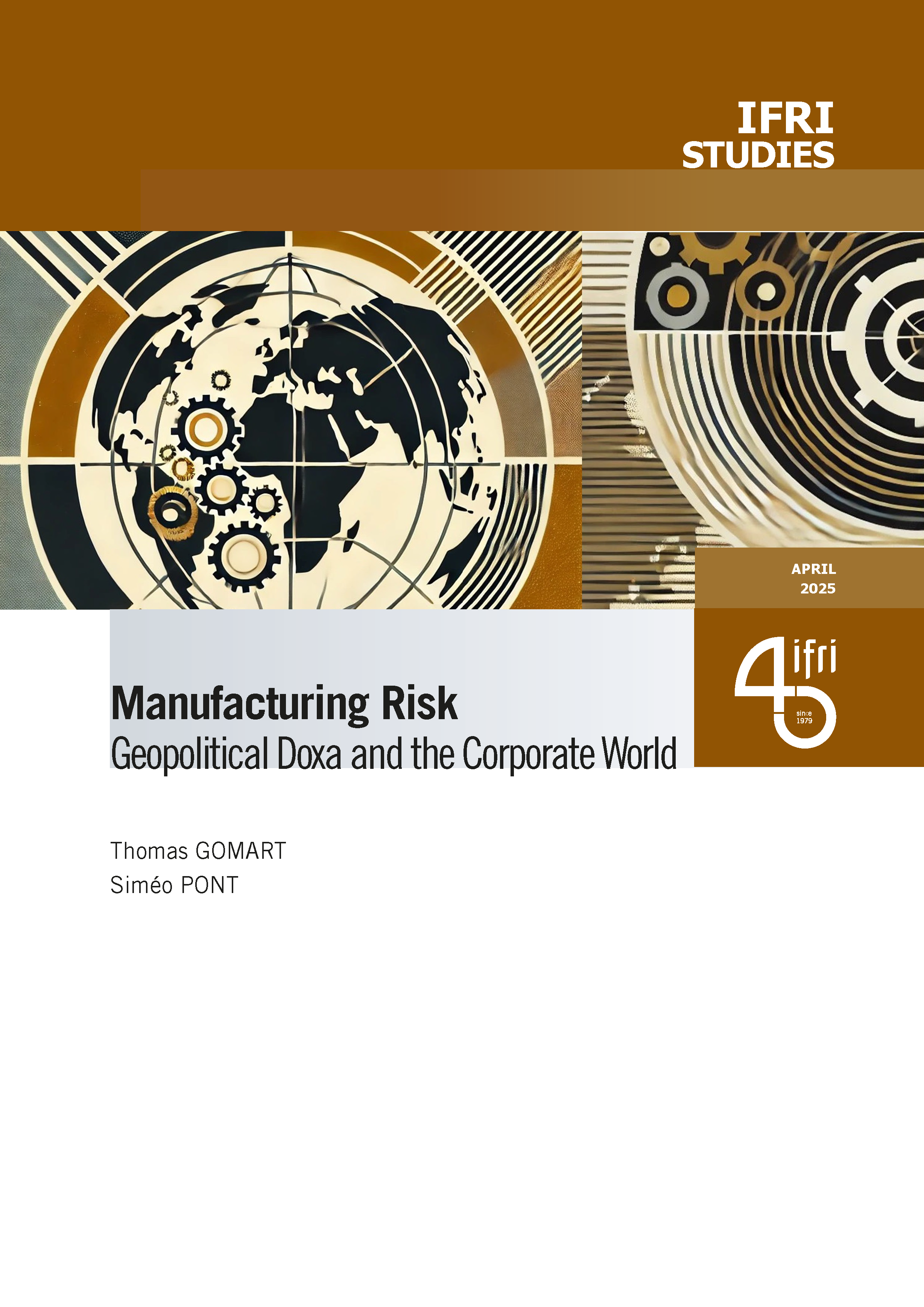
The evolving power dynamics between the United States, China, and Russia are creating new geopolitical realities that businesses can no longer evade. Geopolitical risk has become unavoidable, yet many companies remain unprepared to navigate its complexities. Corporate leaders can no longer afford to overlook its implications.
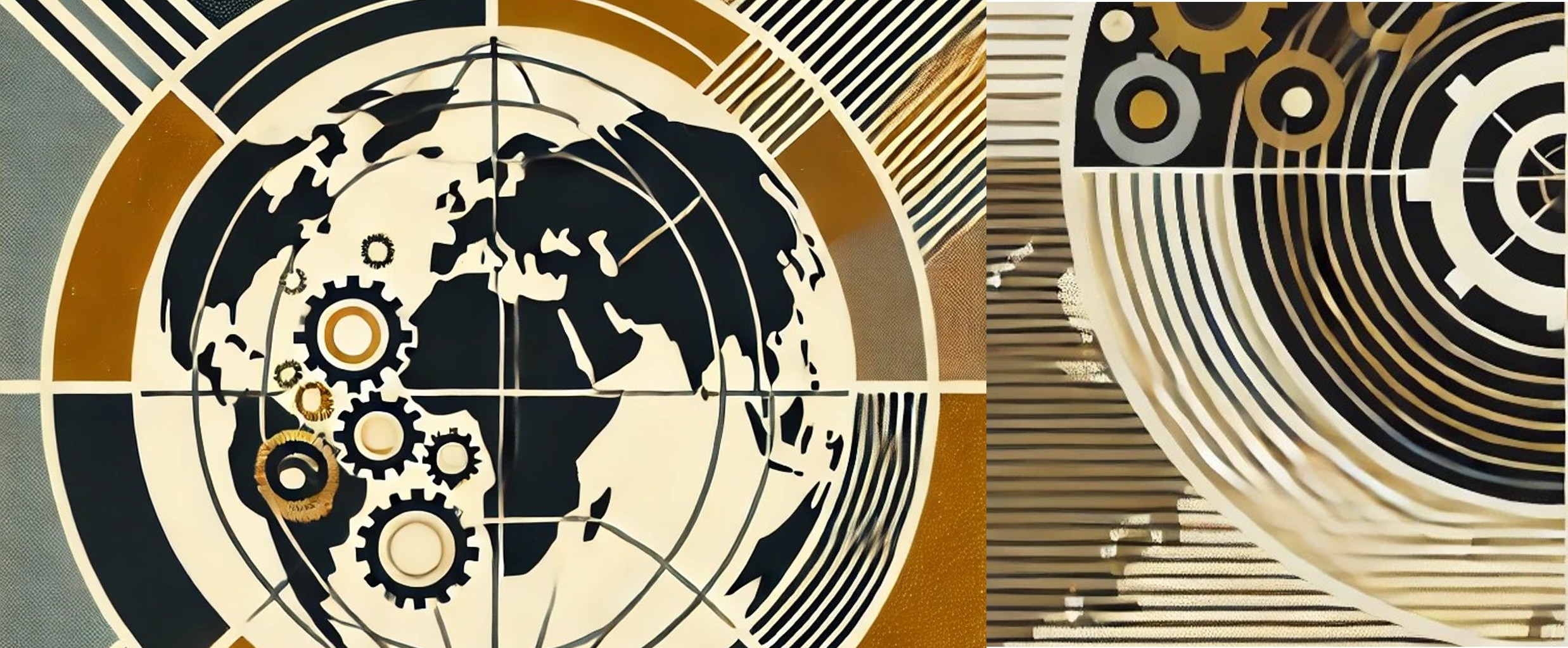
To navigate these uncertainties, they can rely on a geopolitical doxa produced by key players of the “geopolitical risk market”—investment banks, specialized firms, and strategy or audit consultancies. This perspective—while extensive, well-documented, and useful—is built on a fundamental assumption: “Despite ongoing turbulence, globalization will persist.” It tends to be linear, impersonal, and partial.
Understanding this doxa—or prevailing narrative—means grasping the mental frameworks that shape it. While it provides valuable insights into global trends, it often remains incomplete and primarily descriptive. The corporate world would benefit from complementing this perspective with a more intentional, embodied, and specific approach.
Learn more in this episode of our podcast (French) "Le monde selon l'Ifri" with Thomas Gomart:

Available in:
Themes and regions
ISBN / ISSN
Share
Download the full analysis
This page contains only a summary of our work. If you would like to have access to all the information from our research on the subject, you can download the full version in PDF format.
Manufacturing Risk: Geopolitical Doxa and the Corporate World
Related centers and programs
Discover our other research centers and programsFind out more
Discover all our analysesEurope-Russia: Balance of Power Review
European countries can no longer avoid the "Russian question," as Russia has chosen war. They have the necessary potential—that is, the economic means, military capabilities, and technological expertise—to face Russia by 2030, provided they demonstrate the political will to do so.
Towards the Second Crusade?
Europeans first grew aware of a possible pandemic exactly one year ago. The wave is here. It has submerged the world, claiming many lives and causing tremendous collateral damage.
The American Elections and Beyond
The next few years will be tumultuous ones in the United States. The dependency of foreign policy on domestic policy is unlikely to diminish. Whether in the rivalry with China or the predominance of Israeli interests in Middle East policy, for example, it is hard to imagine Biden taking a big step backward. Many Europeans want to believe that a victory by Obama’s former vice president will signal a return to the good old days of transatlantic consultation and multilateralism.
Consequences and Lessons of a Virus
As Europeans get ready for their summer holidays, the Covid-19 pandemic seems to be winding down, despite hotspots cropping up here and there. However, we are not safe from the next wave. After so many careless speeches, nobody dares to make any more precise forecasts. In any case, any confirmed lull fosters broader reflections both on the disaster’s consequences and the dysfunctions that allowed it to happen.










